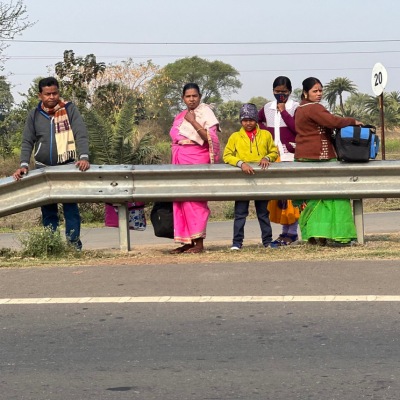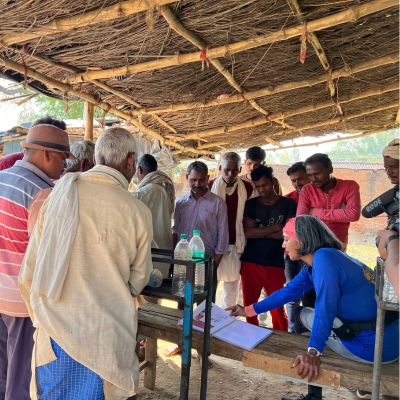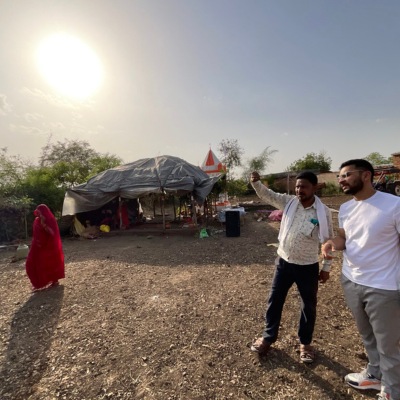ADaR – Affordable Design, a Right
During the first Walk for Arcause, Gita Balakrishnan encountered Rajua, who highlighted a fundamental issue prevalent in rural India – the lack of access to quality design advice. In a poignant exchange, Rajua offered the use of her bathroom in exchange for design suggestions, emphasising the dire need for accessible design expertise in rural communities. This encounter underscored the importance of addressing the gap in design accessibility. Subsequently, during her visit to Madla, a village in the Panna district of Madhya Pradesh, Gita identified an opportunity to collaborate with the villagers to develop building guidelines for their homes. This initiative aims to empower the community by providing them with the necessary tools and knowledge to improve their living environments, thereby addressing the broader issue of accessibility and affordability in rural housing. Through collaborative efforts and community engagement, the project seeks to create sustainable solutions that enhance the quality of life for residents while preserving the unique cultural identity of the village.
ADaR, meaning reverence in various Indian languages, advocates for the basic right of affordability and accessibility to good design. Through collaborative efforts and community engagement, the initiative advocates for and provides access to affordable and accessible design solutions in rural India. By developing comprehensive building guidelines and standards, the goal is to empower communities with the knowledge, resources, and tools necessary to improve their built environment sustainably. Through initiatives like immersive fellowships with villagers in places like Madla, it has been working towards fostering sustainable solutions that enhance the quality of life for residents while preserving their cultural identity.
Madla Fellowship
Preserving Culture Through Sustainable Housing Solutions
Universal Design Fellowship
Redesigning For Barrier-Free Access And Sustainability
Project ADaR (24-25)
Renovation of the Panruti School in Chennai
Arcause Fellowship 22-23- Preserving the Essence of Madla
ADaR Fellowships
Madla Fellowship
22-23
Winner: Ar. Gaurav Chordia
The Madla Fellowship, held in Madla village near the Panna National Tiger Reserve, focused on preserving the village’s cultural identity while addressing modern challenges. With rapid development threatening its unique character, the fellowship aimed to create guidelines for sustainable housing that incorporate traditional construction practices and local climate resilience strategies. By engaging with the community and experts, the fellowship developed solutions that improve living conditions while respecting Madla’s heritage and environment, ensuring a balance between progress and preservation.

Universal Design Fellowship
2023
Winner: Sai Uphad
The Universal Design Fellowship, in collaboration with Deepshikha Institute for Child Development and Mental Health in Ranchi, Jharkhand, aims to address the critical need for inclusive design in India. Despite having 26.8 million differently abled people, our public infrastructure remains largely inaccessible. Universal Design benefits not only those with disabilities but also the elderly, pregnant women, and those with temporary injuries. Deepshikha, which serves children with developmental disabilities like Cerebral Palsy and Autism, partnered with Ethos Foundation to redesign their 30,000 sq. ft facility, focusing on barrier-free access, comfort, and sustainability.

Gallery



